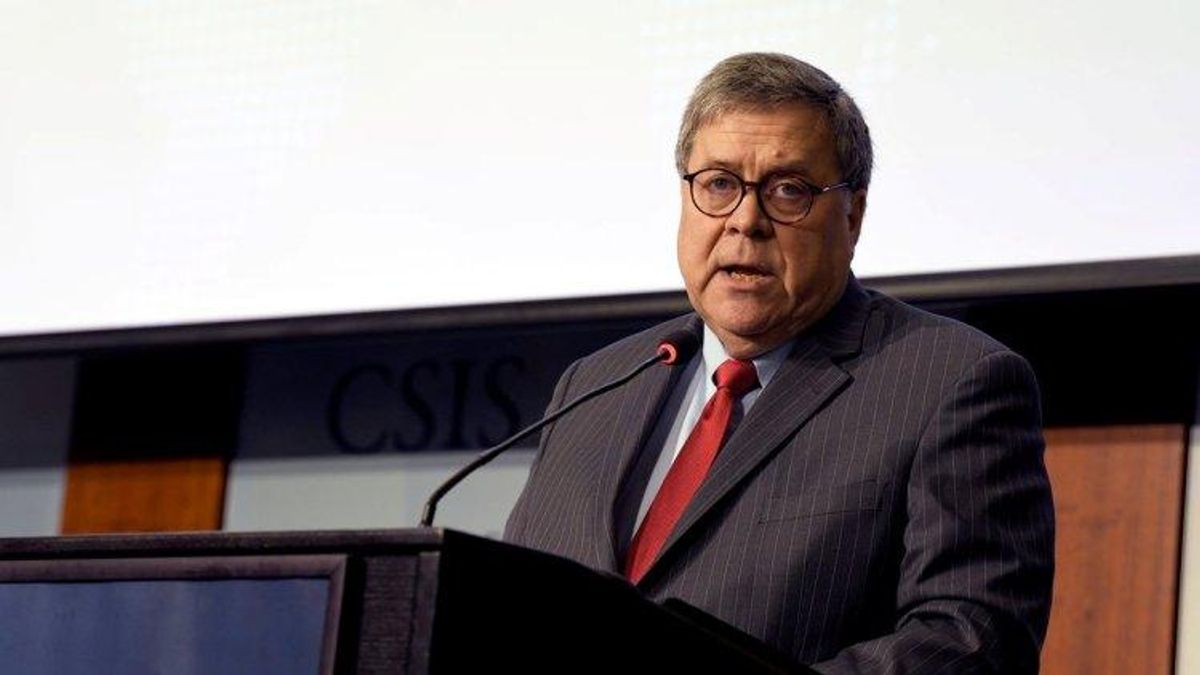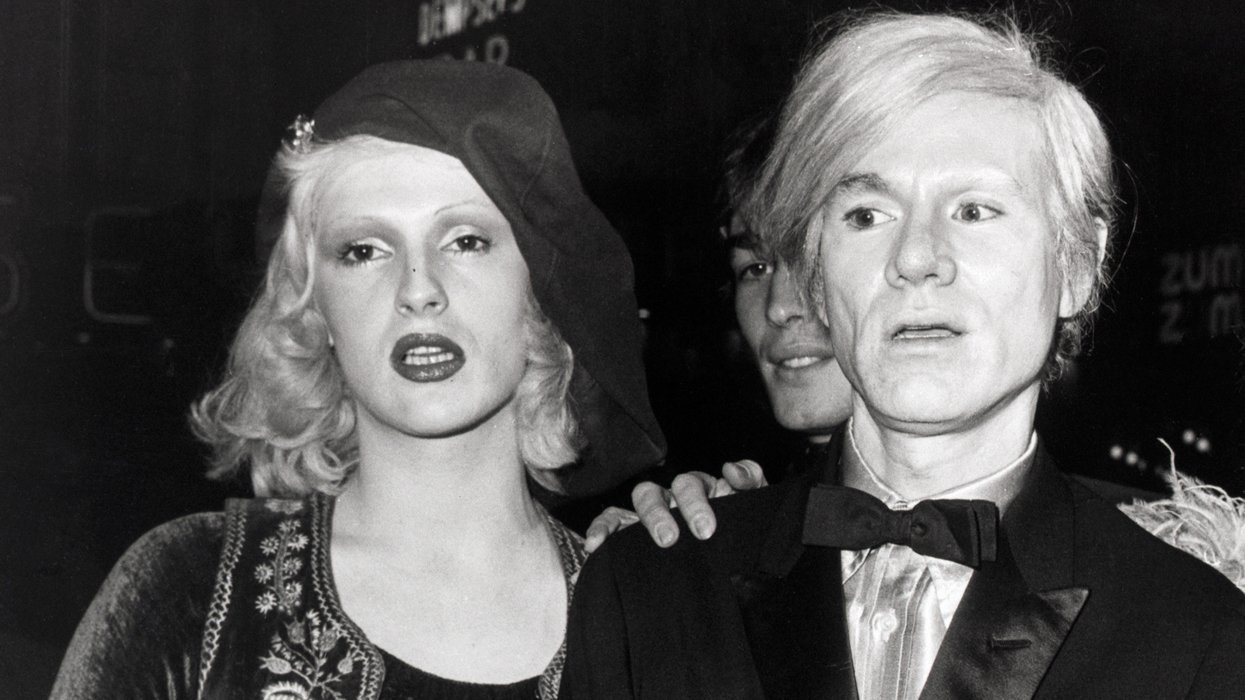William Barr has resigned as U.S. attorney general, effective December 23.
Barr, who assumed the post after Jeff Sessions was forced out by Donald Trump in 2018, was usually willing and apparently eager to advance Trump's agenda, including many anti-LGBTQ+ moves, but he did part ways with the president by saying there was no evidence of widespread fraud in the 2020 election. Trump maintains he won and that Joe Biden's victory came as a result of illegal votes (members of the Electoral College cast their votes Monday, making Biden's win official). Barr also had incurred Trump's wrath by waiting until after the election to reveal that the Justice Department, which the attorney general leads, was investigating Hunter Biden, Joe Biden's son.
But Trump was complimentary toward Barr in announcing the attorney general's resignation, and Barr's resignation letter was full was full of praise for the president. "Our relationship has been a very good one, he has done an outstanding job!" Trump tweeted. Barr's letter said Trump had created "the strongest and most resilient economy in American history" and that the president had been subjected to "a partisan onslaught against you in which no tactic, no matter how abusive or deceitful, was out of bounds," including "frenzied and baseless accusations of collusion with Russia." Those accusations led to the impeachment of Trump, but the Republican-majority Senate acquitted him.
Under Barr, the Justice Department carried out many attacks on LGBTQ+ Americans. It called on the Supreme Court to find that existing law banning sex discrimination in the workplace did not cover sexual orientation or gender identity; the court disagreed, ruling 6-3 in Bostock v. Clayton County that it did. The department backed exclusion of transgender girls and women from competing in school sports with cisgender females. It supported a Louisville, Ky., photographer in her lawsuit against the city's LGBTQ+ rights ordinance, as she didn't want to serve same-sex weddings.
Barr gave a speech in 2019 saying families with anti-LGBTQ+ religious beliefs should be allowed to take their children out of classes on LGBTQ+ history. In the same speech, he said religious schools have the right to fire teachers in same-sex marriages.
On other issues, Barr defended Trump's anti-immigrant policies; intervened in criminal cases involving Trump supporters such as Roger Stone, resulting in the commutation of Stone's sentence for obstruction of justice and other crimes; and decried protests against racism and police brutality. "He orchestrated a massive show of force against racial justice demonstrators in Washington, D.C., even personally asking for the removal of protesters around Lafayette Square just before Trump walked across the area to pose for a photo in front of a nearby church," The Washington Post notes.
This was Barr's second stint as attorney general; the first one was from 1991 to 1993, under President George H.W. Bush. During that time, he oversaw the detention of HIV-positive immigrants in camps at the U.S. military base at Guantanamo Bay, Cuba. Reports have said the immigrants endured miserable conditions.
In 1995, he wrote an article for The Catholic Lawyer contending that advances in LGBTQ+ rights marginalized faith communities. In his confirmation hearings before the Senate, however, he insisted he wasn't homophobic and said he supported marriage equality, although he wanted "accommodation for religion."
With Barr's departure, Deputy Attorney General Jeffrey Rosen will become acting attorney general, Trump tweeted, and Richard Donoghue will become deputy AG. After Biden is sworn in as president January 20, he will nominate a new AG.















































































